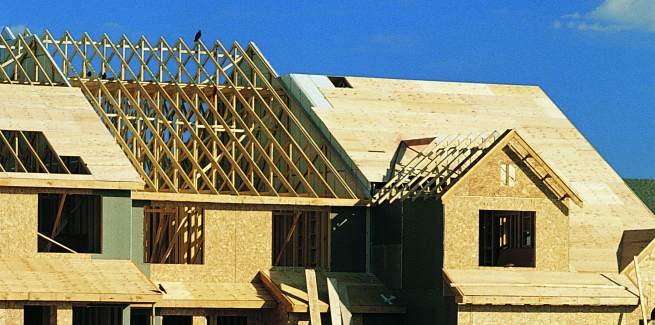Australia is just one of five nations who are entering 2021 “very well placed”, according to the quarterly Business Outlook from Deloitte Access Economics (DAE), which suggests that the COVID-19 vaccine rollout (scheduled to start in February 2021) will ease pressure on the Australian and world economies.
While the outlook suggested that “although the damage of 2020 is winding back fast, it definitely hasn’t disappeared”. It added that “Australia has made many mistakes in juggling COVID, but so far, we’ve made fewer mistakes than most of the globe”.
Looking at the housing market, DAE suggested that house prices were currently rising despite high unemployment and low population growth due to low interest rates and support packages.
The outlook reads: “As is true in pandemics past, the cost of credit goes down and stays down. Both fixed and variable rates have fallen substantially from pre-COVID levels. And the Reserve Bank is promising, hand on heart, to keep them low for years to come, thereby generating additional confidence for housing markets.”
The outlook suggested that this is driving a disconnect between rising prices and the amount of construction activity, which is still falling.
According to DAE, construction activity is falling because:
- Population growth “has been smashed”, while lost jobs saw many people “move back in with mum and dad”;
- Several key markets are oversupplied;
- High debt, high unemployment and a lack of confidence have “dulled appetites across the sector”, including the appetite of the banks to finance developers to build apartments; and
- There are fears that the rollback of JobKeeper and other emergency measures will hurt the market.
“That combination of factors has worsened what was already a large downswing in the pace of construction,” the outlook reads.
However it adds that “the cavalry is clearly coming”.
“Confidence is coming back, so too are foreign students – admittedly only in modest numbers for the moment, but those pilot schemes point to key potential,” the outlook continues.
“Vaccines suggest that migrant flows will return (we have them pencilled in for mid-2022, but Treasury seems to be assuming mid-2023); state governments (most notably in Victoria) are spending more on social housing; changing views on where house prices head next may start to tempt investors back into the market, and leading indicators are on the move,” it states.
“Most notably, new loan commitments for housing are up by a third in the last five months alone, and housing approvals are up almost 9 per cent over the past year – and the reopening of Melbourne suggests that there’s further good news to come there.”
Indeed, as the latest ABS statistics show, lending commitments have hit a record high, with a particular surge in Victoria.
However, DAE warns that “housing construction in Australia [will get] worse before it gets better”.
The outlook estimates that it will “bottom out” by mid-2021, at around 37,000 housing starts, before recovering to over 50,000 housing starts by 2023.
Looking further into the future, Deloitte Access Economics forecasts the unemployment rate to be back down to 5.5 per cent by mid-2023 and for tourists and foreign students to be visiting Australia again in greater numbers by 2022.
The outlook reads: “Despite ongoing hassles with COVID cases and the upcoming logistical and political challenges of vaccine rollout, 2021 looks set to continue the recovery in sectors smashed by the lockdowns and border closures of 2020.
“If we can keep COVID at bay and roll out vaccines, then the likes of accommodation, food, entertainment, airlines and others will continue to climb back from the abyss. And there’s more: by 2022, tourists and foreign students will be here in greater numbers. So, yes, there’s some cavalry coming,” Deloitte Access Economics partner Chris Richardson commented.
[Related: More home owners expect house price rise in 2021]
 ;
;